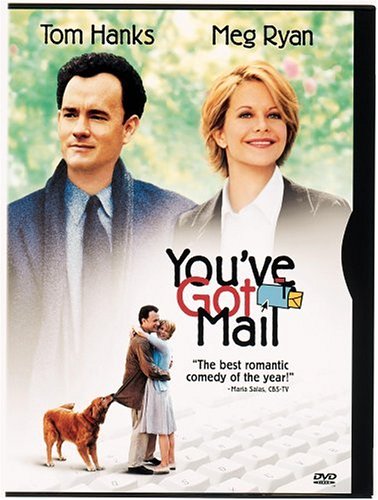This past winter I took a hard look at protecting my digitial identity after a series of breaches across various accounts.
What I found is there’s no really one size fits all solution that I was comfortable with – and since I’m still very much just evaluating – I figured I’d go in a few different directions.
I’ve come to distrust free/freemium products – as they often scale back their offerings and features eventually anyways – and leave you data-locked in to an inferior product (cough , LastPass, cough).
Additionally, due to the recent political climate, I am also actively trying to not use tooling released (free or otherwise) from Meta, Google or Microsoft.
The Apple Hardware Ecosystem

I share the view that Apple has one of the best track records when it comes to giving its users control of their data and enhancing their products with privacy feature after privacy feature – making them the industry leader when it comes to matters concerning personal data protection.
Because of this – most of my devices in various form factors (PC, Mobile, Car, TV, Tablet and Home Assistants)are now running Apple hardware. However due to the principal of “not putting ones eggs in one basket” – I am still using different cloud services for different tasks – even though Apple offers many of them directly. This is also because I do still operate both an Android phone (for work) and a Windows PC (for gaming) – so having nimble cross-platform options for critical services is still important to me.
All this of course could change… at which point i’ll throw everything Apple into the same landfill in New Mexico where all those copies of E.T. The Game for Atari are burried.
Just an FYI in case you’re reading this and going “JEYYY THIS IS FREE WITH APPLE!”
Password Management

For years, I had been using LastPass – but recently decided to cut the cord to them after a series of their own security issues. Yikes.
Fortunately, other services have matured to the point where there were a few options. For this go-round I opted for NordPass . In addition to supporting basics like multifactor and biometric – it also supports newer passkey functionality, as well as higher standards of encryption. Other major convenience features like seamless browser plugins, mobile apps make it usable.
Like many people, I have amassed variations of passwords of various forms throughout the years – to the point where its impossible to remember which sites have that one password from when I lived in Riverside with 3 or 6 exclamation points, or is it the password from when I lived in San Francisco with $’s for ‘S’. This is as good as it gets for many folks – but I am hoping to move away from self-generated passwords to passkeys and autogenerated “strong” passwords.
Of course, the achilles heel is if the password vault is ever stolen – it could potentially be decrypted – though this is still a ways away from being brute forced. Still, I consider this safer than a notebook or a post-it with your passwords sitting on your desk.
$35/year
Email Provider

I got my first Gmail account back when it launched in 2003. At the time, 1GB of email storage was unheard of (100mb was common) and was a big benefit to traditional email providers.
Flash Forward and though Gmail has a host of features , my 20+ year old account has been littered across several data breaches and associated with dozens of critical accounts. Not to mention my own email data is used to shoot Google’s giant ad canon at my face in everything I touch.
It’s been sad to watch Google devolve from “do no evil” to basically holding us all hostage to their content a la A Clockwork Orange.
SO now, I’ve switched over to Proton Mail. No longer reserved for providing an email to your followers on Only Fans, Proton Mail offers full end to end encryption but also actively blocks trackers (or tracking pixels) embedded in email ads, and doesnt store user IP addresses – meaning they make no money selling your data.
Instead they ask for your money the old fashioned way – though there is a free plan as well.
3.99 a month (36 / year) gets you 10 email addresses, support for a custom domain, and 15GB of space.
Conclusion
This isn’t meant to be a comprehensive list with tons of pro’s and con’s – but might get you thinking about where/how you use services on the internet and what exactly you give up when you “Join for Free”. As I continue using these, or add to them, I’ll share them out.
While there’s still more to do and more work to detangle myself from these commercial controlled clouds – (and no guarantee these services maintain their current offerings) – I do think these are meaningful steps towards digital peace of mind.
Leave a Reply